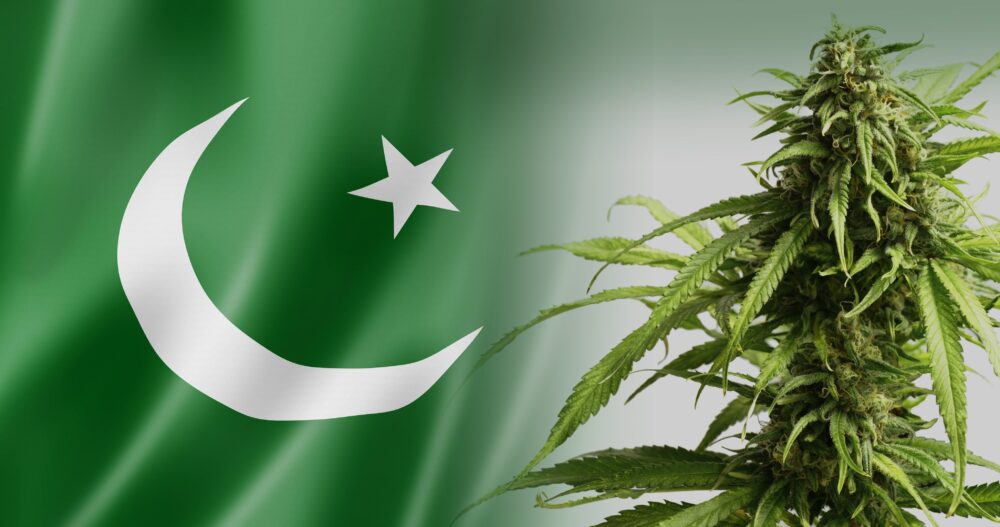Paksitan to Allow Industrial Hemp Cultivation Starting in 2025
In 2025, the government of Pakistan will allow farmers to begin commercial cultivation of industrial hemp containing no more than 0.3% THC. The hemp industry is expected to bring Pakistan up to 632.7 billion rubles in revenue.
New Regulatory Authority and Licensing
This year, Pakistani authorities will establish the Hemp Control and Regulation Authority, which will issue licenses for the cultivation and processing of hemp. Farmers who receive official permits will be able to legally grow hemp starting January 1, 2025.
The government legalized industrial hemp varieties back in September 2020, but regulatory measures were only adopted in February of this year. The delay was reportedly due to internal conflicts related to separatism. Officials predict that once the hemp industry is fully operational and developed, the export of industrial hemp could bring Pakistan between $5 and $7 billion annually (451.9 to 632.7 billion rubles).
Government representatives stated that hemp is already being grown experimentally at Barani Agricultural University on an area of 0.8 hectares. Scientists are conducting research and developing various types of industrial and medicinal hemp products, which will be exported abroad, particularly to the United States, which does not impose tariffs on the import of industrial hemp.
Penalties for Violating Hemp Laws
Despite the current ban on hemp cultivation in Pakistan, the total area of hemp crops is estimated at 28,000 hectares. Hemp has been grown in the country for several centuries, with the center of the underground hemp industry located in the northwestern mountainous province of Khyber Pakhtunkhwa and the southern region of Balochistan.
In Pakistan, hemp is traditionally grown outdoors, which keeps production costs low. This gives Pakistani producers a competitive edge over their European and American counterparts. However, farmers will be required to comply with legal requirements, such as the maximum allowable THC concentration. Violators will face fines ranging from 10 to 200 million Pakistani rupees (3.3 to 66 million rubles).
The government plans to issue five-year licenses for hemp cultivation and designate specific areas where the crop can be grown. In addition, law enforcement agencies will regularly conduct inspections and penalize farmers found to be breaking the law.



